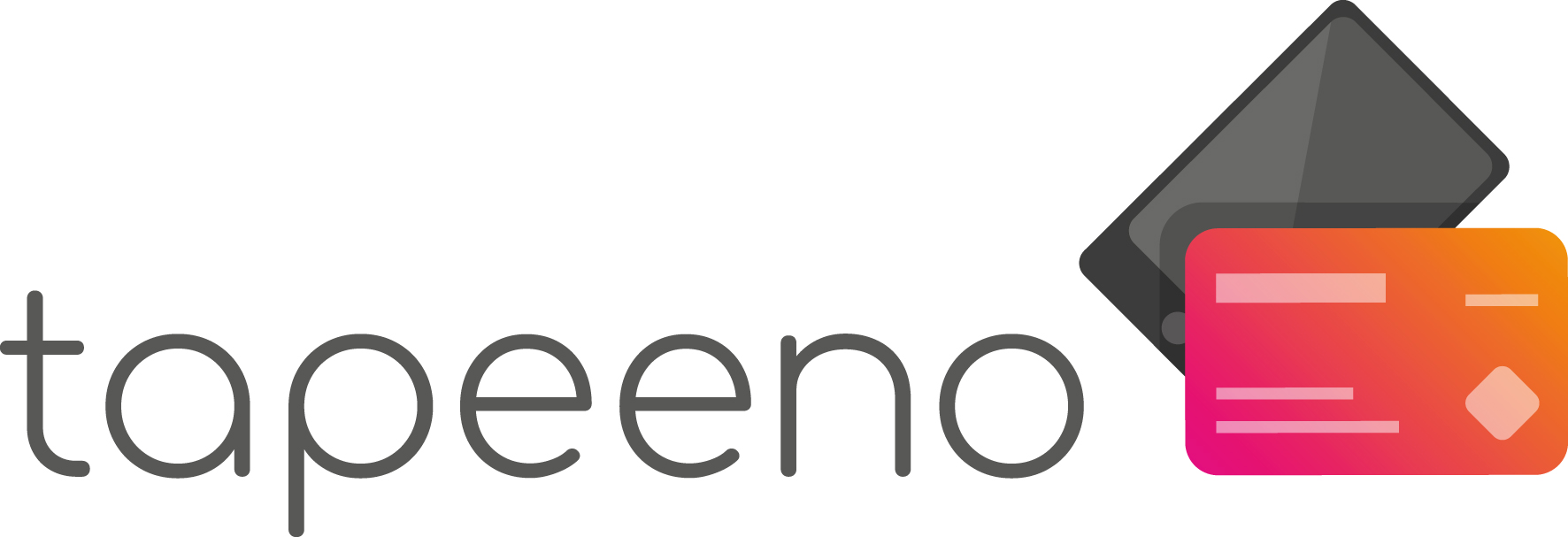COOKIE POLICY
Last Updated: December 2021
Faster Processing Limited respects your privacy.
Here’s everything you need to know about the information we collect and how we store and process it.
Please contact us if you have questions about this policy.
Our website, like most websites, uses cookies to help provide you with the best user experience we can.
When you request one of our web pages through your browser, data such as:
- your IP address
- your browser and the version you’re using
- your operating system
- the date and time and the site you came from
…are stored in a log file and/or a database.
But don’t worry – this information can’t be used to identify specific individuals, and we only use it for:
- managing and maintaining our website
- research and development of our products and services
- anonymous user analysis, so we can see how our site’s being used.
What are cookies?
A cookie is a small file of letters and numbers that is downloaded on to your computer, or tablet/smartphone, when you visit a website. Cookies are used by most websites and can do a number of things, like; remembering your preferences, recording what you have put in your shopping basket, and counting the number of people looking at a website.
Most cookies are designed to either ensure all the website’s features work properly or to provide the website owner with anonymous information about how you use their site so they can make improvements to the user experience. These cookies are known as 1st party cookies.
3rd party cookies are usually related to advertising. Advertisers typically use this type of cookie to see which websites you have visited and then show you targeted adverts that are more relevant to you.
The rules on cookies are covered by the Privacy and Electronic Communications Regulations. The Regulations also cover similar technologies for storing information, eg Flash cookies. The regulations were revised in 2011, and the ICO is responsible for enforcing these new rules.
How we use cookies
Google Analytics
These cookies are used to collect information about how visitors use our website. We use Google Analytics cookies to identify which pages are being used, how they are being used and what methods are being used to view them. This helps us analyse data about website traffic and improve our website in order to tailor it to customer needs. We only use this information for statistical analysis purposes and this does not include any personally identifiable information.
What we don’t do:
- Remember or store any personally identifiable information
- Send information to other websites
- Record your visit so advertising on other websites is more relevant to you.
For more information regarding Google Analytics and your data privacy please visit: http://www.google.com/intl/en/policies/privacy/
To opt out of being tracked by Google Analytics across all websites visit http://tools.google.com/dlpage/gaoptout
Facebook Pixel
We use Facebook Pixels (Custom Audience Pixels) to record information about the way visitors use our website. This pixel records information about a users browser session, which it sends to Facebook, along with an anonymised version of the Facebook ID and the URL viewed. This allows us to target our Facebook ads to audiences of people who have visited our website.
For more information regarding Facebook Pixel and your data privacy please visit: https://www.facebook.com/policies/
Social Sharing
Our website also makes use of social sharing buttons so you can easily ‘like’ or ‘share’ our content on the likes of Facebook and Twitter. The privacy implications on this will vary from social network to social network and will be dependent on the privacy settings you have chosen on these networks.
WordPress
On login, WordPress uses the wordpress_[hash] cookie to store your authentication details. Its use is limited to the admin console area, /wp-admin/
After login,WordPress sets the wordpress_logged_in_[hash] cookie, which indicates when you’re logged in, and who you are, for most interface use.
WordPress also sets a few wp-settings-{time}-[UID] cookies. The number on the end is your individual user ID from the users database table. This is used to customise your view of admin interface, and possibly also the main site interface.
We may introduce further types of cookie from time to time to improve your experience of the website. For example, we may use other targeting cookies to record your visit to our website, the pages you have visited and the links you have followed. We will use this information to make our website and any advertising displayed on it more relevant to your interests. We may also share this information with third parties for this purpose.
Overall, cookies help us provide you with a better website by enabling us to monitor which pages and features you find useful and which you do not. A cookie in no way gives us access to your computer or any information about you, other than the data you choose to share with us on our contact forms or customer feedback areas. If you do not wish these cookies to be tracked you can disable them in your browser, but this may negatively effect your experience on the site.
What do the new rules mean?
The rules require in most cases that websites wanting to use cookies get your consent. In most cases ‘implied consent’ is considered to be acceptable providing the website owner takes all reasonable steps to ensure the website user is aware cookies are being set and how to disable them.
How will these new rules impact on me when I use the internet?
As organisations start to comply with these rules you are likely to start to see more information about cookies on sites and be given more choices about these cookies. This might include, for example, being asked to agree to a cookie being used for a particular service, such as remembering your preferences on a site.
Organisations will need to decide on the best way to provide clear information about cookies and to give people using their websites the right choices. They will also want to make sure that these changes do not adversely affect the experience of people using the internet. This should ensure they find a solution which meets the requirements in a way that works well for their site and meets the needs of people using it.
How can I control my cookies?
Browser controls
You can use your web browser (eg Internet Explorer) to:
- delete all cookies
- block all cookies
- allow all cookies
- block third-party cookies
- clear all cookies when you close the browser
- open a ‘private browsing’ session
- install add-ons and plug-ins to extend browser functionality
Where to find information about controlling cookies
Click on the links below to find out about each specific browser and it’s information on cookies.
Useful information
- A number of websites provide detailed information on cookies, including AllAboutCookies.org.
- The Internet Advertising Bureau website Your Online Choices allows you to install opt-out cookies across different advertising networks.
- Google has developed a browser add-on to allow users to opt-out of Google Analytics across all websites which use this popular analytics product.
- New technologies such as Mozilla’s Do Not Track allow you to tell websites not to track you.
- Internet Explorer has a feature called Tracking Protection Lists which allows you to import a list of websites you want to block.

